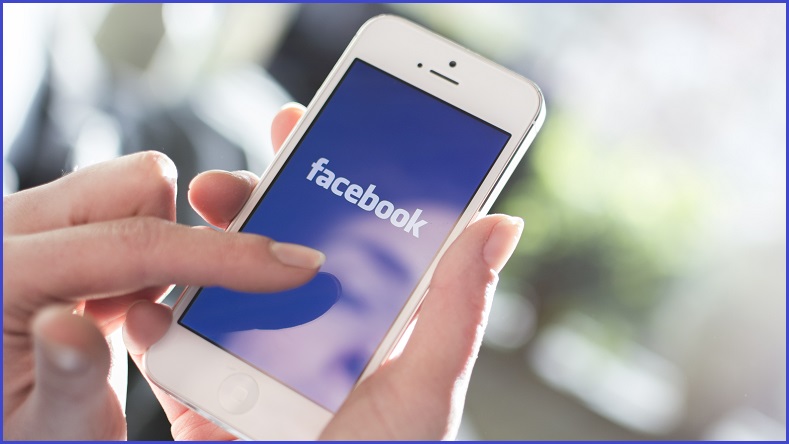Social media giant Facebook is preparing to change its name as it looks to undergo a major rebrand and refocuses resources toward creating ‘the metaverse’, according to The Verge.
Citing “a source with direct knowledge of the matter”, the Verge said Facebook CEO Mark Zuckerberg will announce a major rebrand at the company’s annual Connect conference next week, although the name change could come even sooner.
It has been less than two years since Facebook became FACEBOOK in an attempt to more closely align the main brand with its products WhatsApp and Instagram.
For months Zuckerberg has been signalling a shift in Facebook’s focus toward ‘the metaverse’ – a nebulous term used to describe social interaction through augmented and virtual reality products – describing how people will ‘teleport’ to one another using technology that blurs the lines between real and digital worlds.
On Sunday, Facebook’s VP of Global Affairs, Nick Clegg announced the company would “create 10,000 new high-skilled jobs” in the European Union as it attempts to create a new paradigm of digital social interaction.
“As we begin the journey of bringing the metaverse to life, the need for highly specialized engineers is one of Facebook’s most pressing priorities,” Clegg said.
Originally Coined by cyberpunk novelist Neal Stephenson to describe a virtual reality world where hackers and celebrities meet in exclusive night clubs, ‘the metaverse’ has recently been used to describe blockchain social experiences like Cryptovoxels or Decentraland that rely on NFTs to build in both ownership of digital assets – such as land and cosmetic items – alongside interoperability that will hopefully allow assets to migrate between different digital spaces.
Facebook’s vision of the metaverse, on the other hand, appears more focused on building out use-cases as it iterates its AR/VR consumer technology products, the Oculus VR headsets and Ray-Ban Stories smart glasses.
The company has already begun marketing its VR social space Horizon as a useful tool for workplace meetings, and its Oculus Quest 2 headset – a wireless, intuitive, and relatively affordable device – is the most consumer friendly VR technology currently available on the mass market.
But while Facebook’s upcoming rebrand will likely re-positioning itself in the metaverse niche, it will also serve the auxiliary purpose of stepping away from a name that has long been sullied by the company’s own business practices.
Earlier this month, Facebook had a week from hell that included a massive outage of its services and, importantly, testimony from whistleblower Frances Haugen at a US Senate hearing.
Haugen had leaked internal documents to journalist at NewsCorp’s Wall Street Journal detailing how the company has long known the social and political damage its platforms have been causing.
Facebook has made repeated efforts to refute the news outlet’s claims, including in a blog post on the weekend from Guy Rosen, Facebook’s VP of Integrity.
“Data pulled from leaked documents is being used to create a narrative that the technology we use to fight hate speech is inadequate and that we deliberately misrepresent our progress,” he said. “This is not true.”
The company is fighting a public relations nightmare on two fronts: in the news media and within its own staff.
Efforts to stop employees from leaking internal documents were themselves leaked last week, the New York Times reported, as Facebook shuttered certain internal discussion groups, limiting who within the company could view them.










